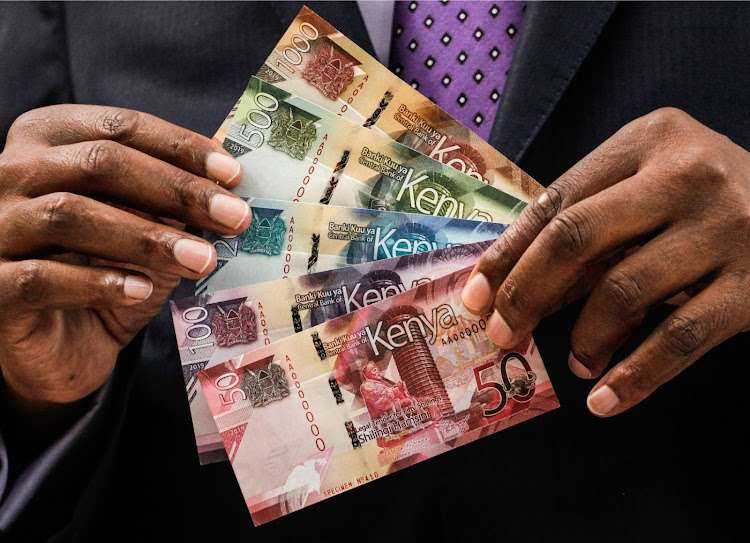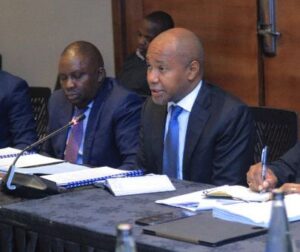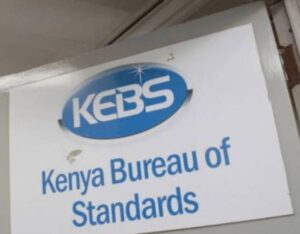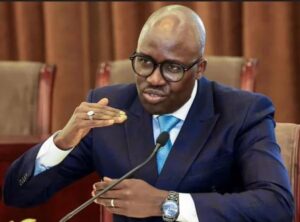
Kenya has successfully converted its railway loans from China into Yuan, a move the government says will save the country about Sh27.7 billion annually in debt servicing costs.
Treasury Secretary John Mbadi announced the development, saying the conversion is part of the government’s broader strategy to manage currency risks and reduce the cost of external borrowing.
“The East African nation took Sh646.2 billion in loans from the Export-Import Bank of China for a standard gauge railway line connecting the port city of Mombasa to a town just outside the capital, Nairobi,” Mbadi said.
According to the government’s debt register, about Sh452.3 billion of that amount remained unpaid by June 2024, with Kenya spending around Sh129.2 billion annually on debt service to China.
“Presently, our debts are so concentrated in one currency, in dollar terms, especially external debts,” Mbadi told journalists during a press conference.
“We are trying to spread that risk by diversifying currencies. That is why we approached the Chinese government to discuss how we could convert some of the debts that are in dollars to renminbi,” he added.
The move makes Kenya one of the first African nations to restructure part of its debt portfolio into yuan, as more developing countries explore financing options denominated in the Chinese currency.
READ: Kenya Issues Ksh175 Billion Securitised Bond To Fund Road Projects
The Yuan’s international influence continues to grow as it gains ground in global trade and finance.
Beyond Kenya, Hungary and Kazakhstan have begun issuing yuan-denominated bonds, while Sri Lanka recently announced a $500 million yuan loan for a highway project.
Mbadi, however, did not disclose details of the interest rates or loan tenors under the new yuan arrangement. He added that plans for issuing a “panda bond” have been suspended because the rates are not favorable.
Broader Debt Strategy
Kenya spends over half of its tax revenue on debt repayments and is now reorganizing both domestic and foreign obligations to ease repayment pressures over the coming decade.
The country needs about Sh3.3 trillion for external debt redemptions within the next ten years, in addition to roughly Sh193.8 billion annually in interest payments.
Apart from the yuan conversion, Mbadi said Kenya has refinanced three eurobonds to extend their maturities though at higher rates and is arranging a Sh129.2 billion debt-for-food swap, supported by guarantees from the U.S. International Development Finance Corporation (DFC).
IMF Talks Progressing
Mbadi also confirmed that discussions with the International Monetary Fund (IMF) for a new funded program are “very good and progressing well.”
A team from the IMF is currently in Nairobi, with the mission scheduled to conclude on October 9.
“Engaging with the IMF has benefits, Because at times they may sound like a nuisance, but the truth is that you also need someone to continuously engage with you, to look at you and tell you that they think you are losing track. If you are just self-assessing, you may not know how well or how poorly you are performing,” Mbadi said.




